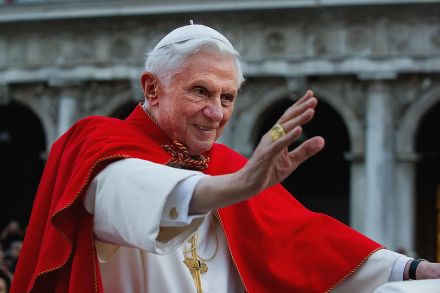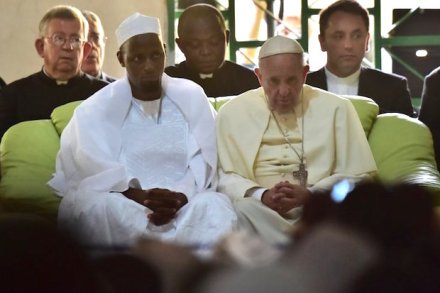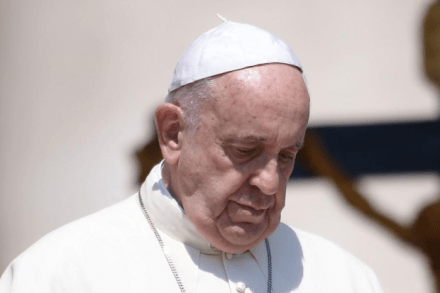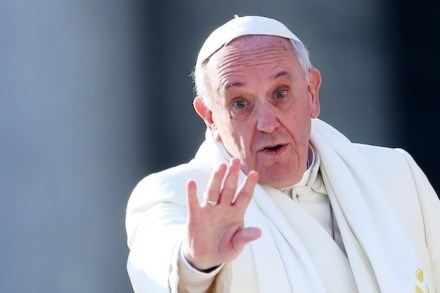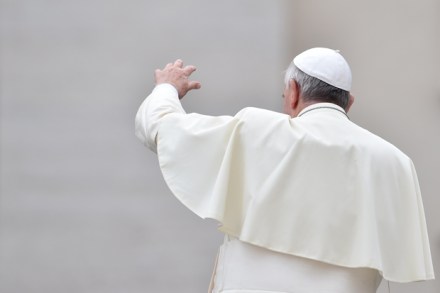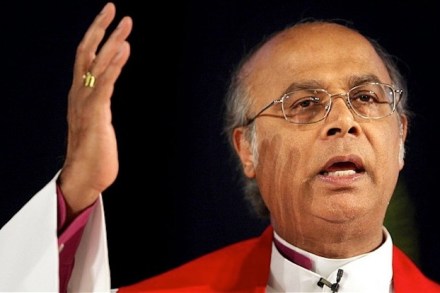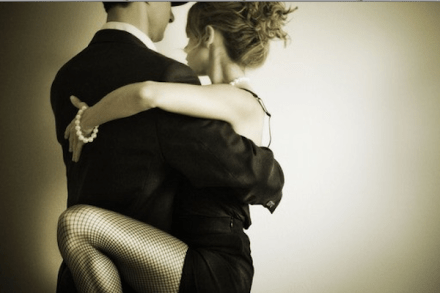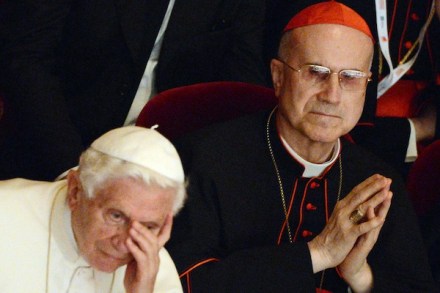Pope Benedict helped me know and love Christ
It was Benedict XVI’s election as Pope, his speeches and his writings that prompted my conversion, and it was his words at Bellahouston Park during his 2010 visit to the United Kingdom that first made me seriously consider my vocation. Without Pope Benedict XVI I would not have become a priest. His passing is for me incredibly personal, but it’s not just because of that, that I find him so incredibly difficult to sum up, it’s because whatever his detractors and admirers insist, he didn’t follow an ideology so much as a person. ‘Being Christian is not the result of an ethical choice or a lofty idea, but the encounter
